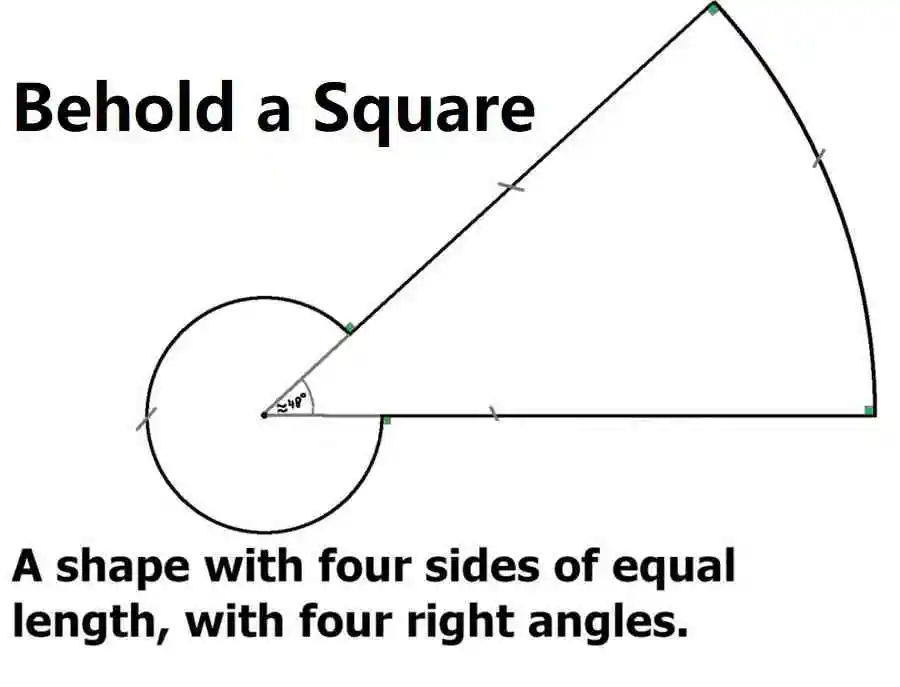this post was submitted on 21 Sep 2024
1313 points (97.3% liked)
Science Memes
11148 readers
3985 users here now
Welcome to c/science_memes @ Mander.xyz!
A place for majestic STEMLORD peacocking, as well as memes about the realities of working in a lab.

Rules
- Don't throw mud. Behave like an intellectual and remember the human.
- Keep it rooted (on topic).
- No spam.
- Infographics welcome, get schooled.
This is a science community. We use the Dawkins definition of meme.
Research Committee
Other Mander Communities
Science and Research
Biology and Life Sciences
- [email protected]
- [email protected]
- [email protected]
- [email protected]
- [email protected]
- [email protected]
- [email protected]
- [email protected]
- [email protected]
- [email protected]
- [email protected]
- [email protected]
- [email protected]
- [email protected]
- [email protected]
- [email protected]
- [email protected]
- [email protected]
- [email protected]
- [email protected]
- [email protected]
- [email protected]
- [email protected]
- [email protected]
- !reptiles and [email protected]
Physical Sciences
- [email protected]
- [email protected]
- [email protected]
- [email protected]
- [email protected]
- [email protected]
- [email protected]
- [email protected]
- [email protected]
Humanities and Social Sciences
Practical and Applied Sciences
- !exercise-and [email protected]
- [email protected]
- !self [email protected]
- [email protected]
- [email protected]
- [email protected]
Memes
Miscellaneous
founded 2 years ago
MODERATORS
you are viewing a single comment's thread
view the rest of the comments
view the rest of the comments

No, it is 2 contiguous regions. The line of separation is the bounding line of a "shape."
Otherwise, the entire whitespace outside of the region is also part of the shape, as is anything it touches.
OK, imagine the space outside of the shape is black, or see through or whatever.
Well then the line of separation means nothing and then you've lost two right angles to the contiguous void.
Why? Does a cube floating in the void not have angles?
Without a distinction of where the cube begins or ends it does not because there is no cube and there are no angles.
I hope for you that you're high.
The cube begins where the void ends and ends where the void begins.
Fun fact - there are no actual cubes anywhere in the universe. All geometric shapes are an abstraction. There are no cubes and no angles, so that checks out.
Ceci n'est pas une cube.
un* cube
The angle of the triangle that protrudes into the circular part is not a right angle.
My apologies you're correct, you lose two right angles.